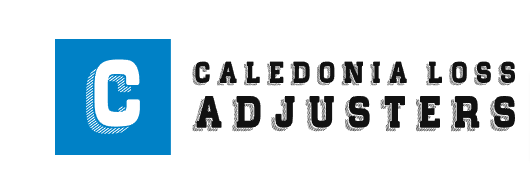In a rapidly changing world, there are no longer fixed roles in claims, underwriting or distribution. Gone are the days when adjusting firms were populated with ‘generalists’ who each undertook a wide variety of personal and commercial lines property claim assignments.
Today’s insurance market requires expertise that maps to the risk, the strategic demands of clients and the varying dynamics of individual claim instructions. This is increasingly important given the emergence of new insurable risks, from evolving cyber risks to pandemics, contingent business interruption and the role of climate change.
Crawford saw the need for more complex skillsets to meet the claims needs of the future and developed our complex claims offering, Crawford Global Technical Services. Today’s adjuster is often dual-qualified – an engineer, forensic accountant, surveyor or cyber expert, for example – giving them the specialist skills needed to respond to complex claims.
Now, we also need to embrace a whole range of skills like analytics, data management, repair management, medical claims management, marine and renewable energy which will drive innovation and help us transcend today’s value propositions.
Crawford’s adjusters sit within an integrated suite of global propositions that include line-specific adjusting capabilities, third party administration, strategic and corporate account management and more. Today’s adjuster therefore needs project management skills to help coordinate expertise from a wide network of internal and third-party specialists.
Clients demand more flexibility, responsiveness and strategic alignment in their claim journeys and are striving to serve a new generation of customers seeking an increasingly tech-enabled, automated claims experience. The adjusting firm of the future must offer a wider choice of faster, simpler solutions to meet these needs.
The claims journey of the future will be increasingly standardised and automated. Adjusting roles must therefore evolve in alignment with new technologies and the increasingly mission-critical role of data. This means developing talent to refine and analyse data and deliver data-driven insights – including risk mitigation solutions – to clients.
The pandemic has accelerated the modernisation of our industry and many others, and we must self-disrupt to remain competitive. Crawford continues is doing this through the deployment of digital, self-service, gig economy and network solutions such as WeGoLook and YouGoLook as well as the growing use of video streaming, 3D modelling, virtual reality and augmented reality – many of which saw significant uptake during the pandemic.
We must also address the generational shift by improving diversity within our workforce and adopting flexible ways of working to ensure our relevance and sustainability into the future. Ultimately, it is still the adjuster who will bring ‘the solution’ to the table for clients, and they must be responsive and empathetic even within an increasingly digital environment.
In this regard, some things will never change; we are a profession known for its excellence and integrity. Ethical standards, technical skill and excellent service are prerequisites for success and skilled adjusters will always be in demand.
Meeting people, showing understanding and measuring the challenges presented by a disaster remain the core roles of the adjuster, even if the risks we handle and the ways in which we work are changing beyond all recognition.

